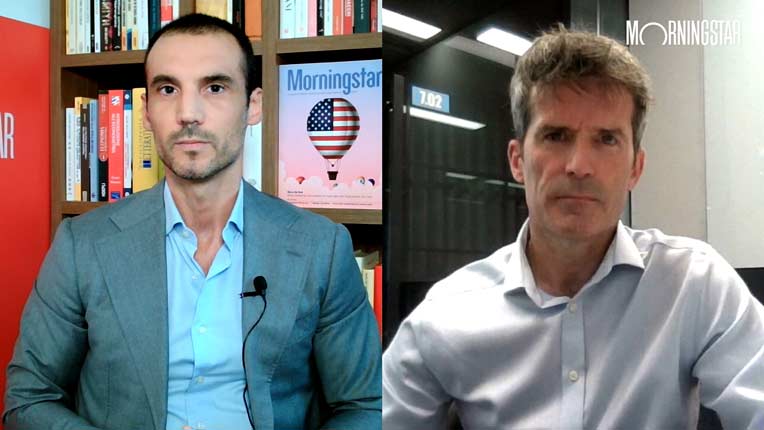
Last time we wrote about the Argentina election it looked as if the status quo would prevail and far-right outsider Javier Milei would not win. Naturally the opinion polls were wrong.
Milei did in fact secure the presidency on November 19 with 56% of the vote. The build-up to the election focused on Milei's bold plans to tackle the country's many economic and social problems. These election pledges included embracing the US dollar, ditching the ailing peso and disbanding the central bank.
Argentina's Merval index soared 20% on Tuesday, the first time the domestic stock market had a chance to react to the weekend's news. It was a seismic move but one that masks the difficulties ahead.
"The election signals that most Argentines are ready to take their country in a different direction," say Michael Heydt and Thomas Torgerson, senior vice president of credit ratings and managing director, co-head of sovereign ratings at Morningstar DBRS, respectively.
Both now predict a painful "rapid macroeconomic adjustment" when Milei takes office on December 10.
The First 100 Days
What should we expect initially?
Cutting government spending will be a priority, they say. A further currency depreciation should be expected, and these initial measures and effects will probably increase inflation in the short term. This could subside, say Heydt and Torgerson, allowing the rebuilding of foreign currency reserves "if the administration can expeditiously deliver a positive credibility shock".
They also suggest that Milei's more radical policies – the ones that have caught the eye of outside observers – are unlikely to achieve a much-needed political consensus.
While they view the administration's ambition to tackle the country's imbalances positively, there are risks. The global media has focused on Milei's colourful personality (see the videos of the politician brandishing a chainsaw in public) and his private life is already the subject of many column inches. While these are partly tabloid matters, they do represent "governability risks", according to DBRS.
Likewise, the "president-elect's limited political experience, controversial policy views and anti-establishment posturing" could lead to political paralysis.
"Milei will face fierce opposition from the Peronist Party from day one," says Gustavo Medeiros, head of research at Ashmore Group, referring to to the once-dominant political force that lost out in this most recent election.
Argentina must also maintain a good relationship with the International Monetary Fund, which has bailed out the country in the past, as well as overseas bond investors, who have naturally avoided buying the country's debt. How will that work?
Bonds and Shares For Those Who Dare
In terms of sovereign bond ratings, DBRS' rating for Argentina remains unchanged at CCC (stable), while S&P rates the country as CCC-. This is lower than the ratings for Ethopia and Ukraine. Brazil is BB under DBRS ratings and BB- under S&P. Mexico is even better at BBB for both agencies.
We're keen emerging market watchers here at Morningstar.co.uk so the obvious question is: is Argentina now investable? It's probably too early to say, but professional money managers – who have little or no exposure to the country – will want to see whether the new regime's shock tactics begin to turn the Latin American nation around.
We'll keep an eye on whether EM funds start to up their weighting to Argentina in the coming months and years. This won't affect tracker funds of course, as Argentina is not part of the MSCI EM Index and is considered a "standalone" market in its own right. A sustained bull market in stocks is likely to tempt overseas investors back in.
Overall, Morningstar DBRS effectively says the changes could go either way.
"If Milei can build a durable coalition that quickly throws its support in favour of a comprehensive stabilisation plan, Argentina could walk back from a crisis," they say.
"If not, the outlook will likely be characterised by spiraling inflation, a deep economic recession, and political uncertainty."




























